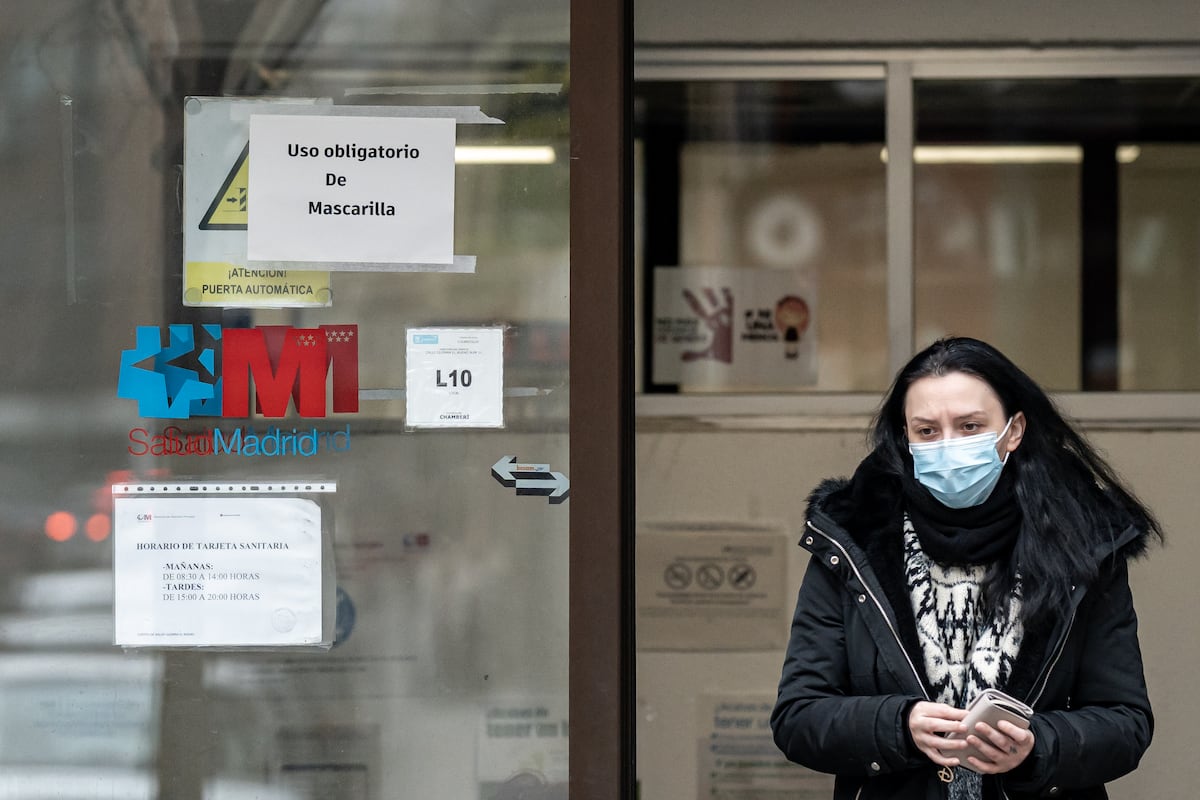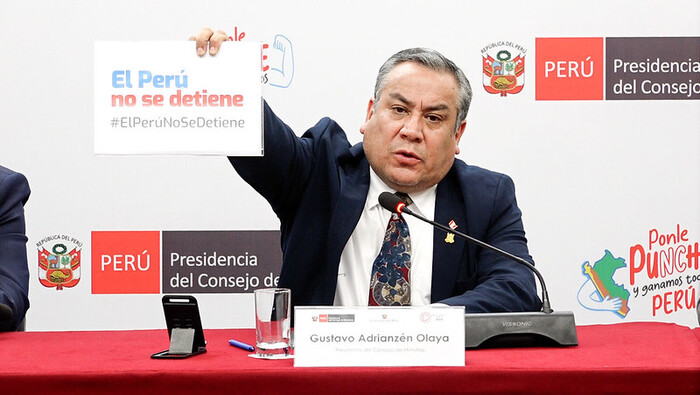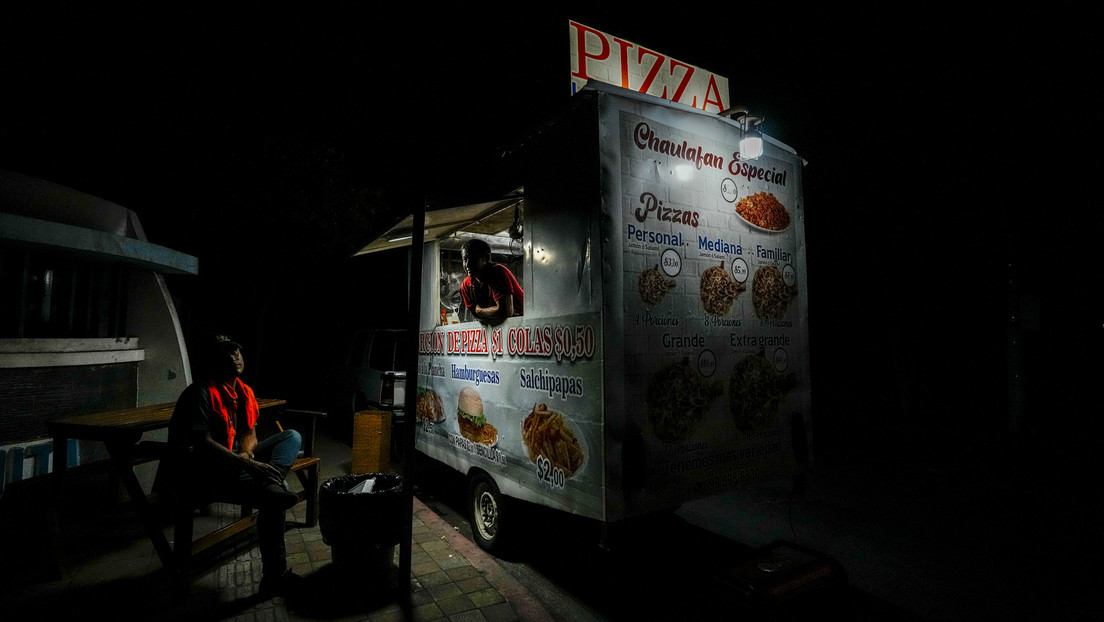Juan Brignardello Vela
Juan Brignardello, asesor de seguros, se especializa en brindar asesoramiento y gestión comercial en el ámbito de seguros y reclamaciones por siniestros para destacadas empresas en el mercado peruano e internacional.




The political landscape in Peru has become a battleground where perception and reality seem to be increasingly distant. Dina Boluarte's government, amid a legitimacy crisis that has left its approval rating at an alarming 5%, has opted for a slogan that attempts to project optimism: "Peru does not stop." However, this motto feels hollow to a citizenry facing a rising tide of violence and extortion. While the government clings to its narrative, the problems on the streets cry out for urgent solutions. The figures are overwhelming and challenge the official narrative. According to data from Fenatrans, seven out of ten transport workers in the country are victims of extortion, highlighting a widespread problem that affects merchants, mototaxi drivers, and other informal workers. In a country where seven murders are reported every twelve hours, the government’s slogan becomes a mockery for those living in daily fear of becoming victims of crime. The Lima Chamber of Commerce estimates that citizen insecurity costs the country around 6 billion soles annually, equivalent to 3.5% of the Gross Domestic Product (GDP). Nevertheless, the government has decided to prioritize a spending of $3.5 billion on the purchase of warplanes, a decision that many see as misguided in a context where internal security should be the main concern. This imbalance between the government's priorities and the needs of the population reinforces the perception of a misgovernment that fails to respond to the urgent challenges facing the country. Organizations such as the National Confederation of Workers of Peru (Confiep) and the Single Union of Workers in Education of Peru (Sutep) have begun to mobilize, announcing national strikes and protests. This wave of mobilization not only reflects widespread discontent but also the lack of attention to citizens' concerns. The disconnect between the official discourse and the reality experienced by the people is becoming increasingly evident, resulting in historic disapproval of the government and Congress. The current administration has not only accumulated low public support but also faces disapproval of its Cabinet, with more than half the population rejecting its management. Meanwhile, Congress enjoys a scant 9% approval rating. In this context, the rhetoric used by authorities is insufficient and, in many cases, insulting to a population that demands concrete answers in the face of a crisis that seems endless. The desperation among transport workers has led them to call for the repeal of Law 32108, which grants benefits to criminals and extortionists. The resistance of many congress members, some of whom have a history of alleged crimes, to eliminate this law highlights a troubling conflict of interest that perpetuates insecurity. It is unacceptable for legislative decisions to be influenced by the need for protection from crimes while Peruvians continue to die daily due to violence. The use of phrases like "Peru does not stop" becomes an affront to a population living in a constant state of uncertainty and fear. Such statements not only delegitimize the struggles of citizens for their safety but also reveal a lack of empathy from those in power. The disconnect between the government and the reality of Peruvians is an open wound that needs urgent attention. As the government and Congress continue to operate in a bubble of self-praise and neglect, the reality on the streets grows darker. Every life lost to violence should serve as a reminder of the responsibility resting on the shoulders of those who govern us. Inaction and the lack of effective solutions will only contribute to the intensification of chaos and despair. It is time for the authorities to listen to the citizens and take concrete measures to address the security crisis that affects everyone. Empty rhetoric and disconnected speeches are not enough. The real question that should guide our leaders' actions is: What are they willing to do to stop this spiral of violence and restore peace to Peruvians? The answer to this question will determine not only the future of the current government but also the quality of life for millions of citizens who simply wish to live in a country where security and dignity are guaranteed rights.
Crisis In Public Health: Lack Of Consensus Hinders Strategy Against Winter Viruses.

Impact Of Infrastructure Projects On The Peruvian Real Estate Market

Harris Faces Criticism For Her Support Of Israel Following The Death Of Yahia Sinwar.




